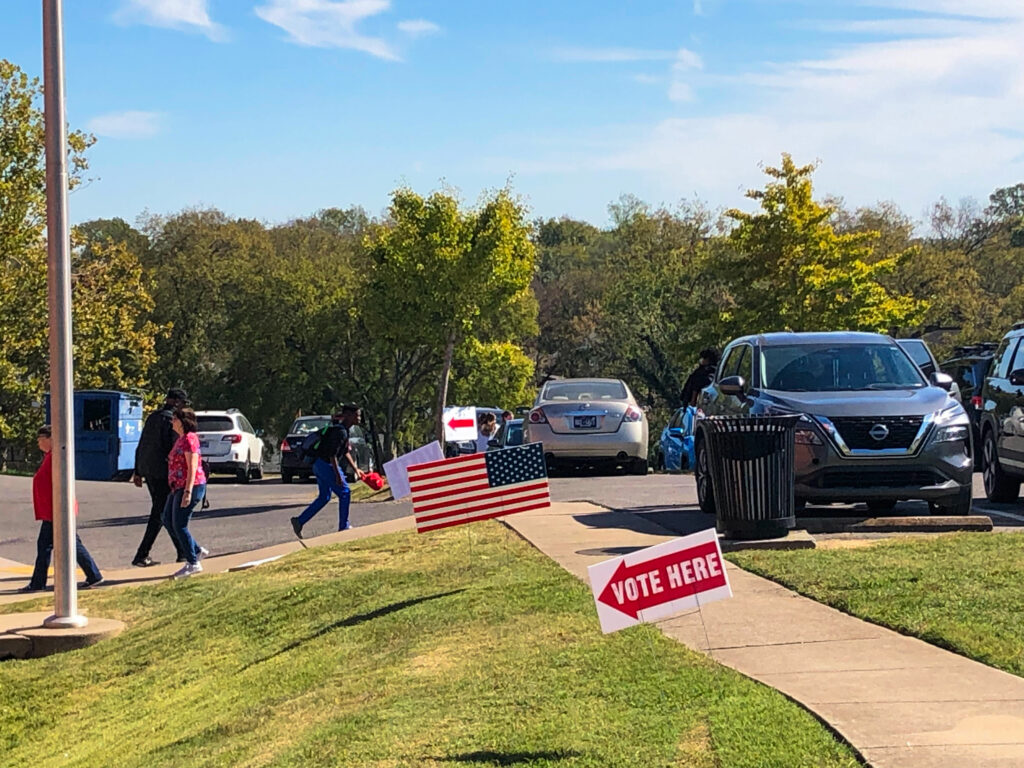
The votes of six formerly incarcerated Tennesseans will be counted in the 2024 election, despite a state election policy that disqualifies them from voting. The decision from Tennessee’s coordinator of elections comes as the state continues to oppose restoring the voting rights of Tennesseans with certain felony convictions.
The Nov. 5 election was a test of a new election commission rule that requires disenfranchised Tennesseans to regain the right to own a gun in order to regain the right to vote. The rule would permanently disenfranchise a large group of potential voters, since most felonies come with a lifetime firearm ban.
However, judges who preside over voting restoration cases have continued to restore the rights of people no longer eligible, prompting nearly a dozen state appeals.
As of this week, all of the judges who received appeals have stuck by their original orders to restore the petitioners’ voting rights. In the interim, the election commission had advised those involved in the appeals to vote provisionally on Election Day, and local election officials held their ballots.
Now, six of those ballots will go toward Tennessee’s 2024 election results. Late last week, Tennessee Coordinator of Elections Mark Goins instructed local officials to count the ballots in accordance with the judge’s orders, while stressing his opposition.
“Although … I disagree with the Court’s Order, in this specific case given the timing and the language in this specific order, we must follow the court Order, even though it is not final,” Goins wrote to Sumner County election officials.
A spokesperson for the election commission told WPLN News it has approved counting six provisional ballots from nearly a dozen petitioners.
“I don’t want a gun. I’ve never owned a gun. I don’t have any violent charges in my past,” said Amanda Hopkins, a Nashville petitioner who voted for the first time in this election. “You don’t have to have a carry permit to have a gun in this state. So, if it was really about a felon getting their hands on a gun, then why are our state laws designed that way?”
Hopkins’ attorney, Keeda Haynes, represents a majority of the petitioners in these cases. She told WPLN News that she received confirmation that two of her clients in Lewis and Wilson Counties had their votes counted.
However, Goins warned election officials that the court order could “ultimately be reversed or amended,” and in that case, they have instructions to purge the petitioners from their voting rolls.

